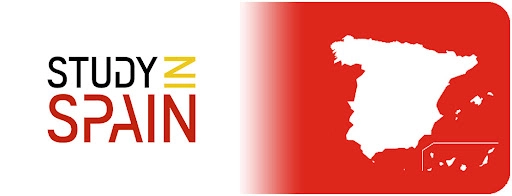
Top MBA Colleges in Australia
Why Choose Australia for an MBA?Australia is a growing hub for international MBA students—thanks to its globally ranked…


Why Choose Australia for an MBA?Australia is a growing hub for international MBA students—thanks to its globally ranked…

Top MEM Schools in Canada: Your Guide to the Best Programs for 2025Looking to mix your engineering background with busi…

Top MEM Schools in UK: Your Guide to the Best Programs for 2025Looking to blend your engineering background with busine…

Top MEM Schools in USA: Why Everyone’s Talking About This DegreeAre you a STEM graduate dreaming of mixing your tech sk…

School Selection • Test Preparation • Application Process • Scholarship & Loan • Visa Guidance

Top MSBA Schools in Canada: Your Guide to the Best Business Analytics ProgramsLooking for the top MSBA schools in Canad…

Top MSBA Schools in France: Best Programs for a Career in Business AnalyticsFrance is quickly becoming a go-to destinat…

Top MSBA Schools in UK: Your Guide to the Best Business Analytics ProgramsIn today’s data-driven world, businesses are …

Why Everyone's Talking About MSBA – And Why the USA is the Best Place to Study ItThese days, almost every business want…

MFin Colleges in Spain: A SnapshotThinking of pursuing a Master of Finance in a vibrant, international setting? You’re …

MFin Colleges in Ireland: A SnapshotIf you're aiming to study finance in an English-speaking, globally connected countr…

MFin Colleges in Europe: A SnapshotIf you're planning to advance your career in finance, Europe offers some of the top …

What Can You Expect from Masters in Finance Schools in France?France is one of the best places to study finance in Euro…

School Selection • Test Preparation • Application Process • Scholarship & Loan • Visa Guidance

MFin in Australia: A SnapshotAustralia is home to some of the top MFin schools in Australia, offering strong Master of …